When life feels heavy and your motivation is running on empty, your kitchen might hold more healing power than you think. While prescription medications can be lifesaving for many, growing research shows that certain foods can have a profound, natural effect on your mood—no pharmacy trip required. In fact, some of the most powerful antidepressants aren’t locked behind a counter. They’re tucked into your fridge, sprinkled in your spice rack, or waiting quietly in your pantry, ready to nourish both your body and mind.
From richly colored spices like saffron and turmeric to everyday staples like yogurt, spinach, and salmon, science is uncovering how certain nutrients and compounds work on the brain to elevate mood, reduce inflammation, and support emotional resilience. These foods don’t just fill your belly—they fuel your well-being. They boost serotonin, calm anxiety, balance neurotransmitters, and help your body cope with stress naturally.
This isn’t about miracle cures or overhyped fads. It’s about leaning into the power of everyday ingredients with real, research-backed benefits. Health experts, nutritionists, and mental wellness advocates increasingly point to dietary strategies as an essential part of a holistic approach to mental health. The best part? Many of these mood-supporting superfoods are probably already part of your weekly grocery list—or they’re easy (and affordable) to add in.
So, whether you’re looking to enhance your mental clarity, ease stress, or simply feel a little brighter each day, these 14 natural antidepressant foods are a delicious and empowering place to start. No dramatic changes required—just a few mindful additions to your plate that could make a big difference over time. Let’s open the fridge and explore the mood-lifting magic hiding in plain sight.
1. Salmon
The pink flesh of salmon holds a secret weapon against sadness – omega-3 fatty acids. These powerful nutrients help build brain cells and reduce inflammation that’s often linked to depression.
People who eat salmon regularly show fewer signs of depression in studies. The EPA in salmon specifically targets brain chemistry to boost your mood naturally.
For best results, aim for two servings weekly. Wild-caught varieties contain higher levels of these beneficial compounds compared to farm-raised options. Even canned salmon offers these benefits, making it an affordable option for mental wellness.
2. Turmeric Root
Bright yellow and slightly bitter, turmeric root contains curcumin – a compound that fights brain inflammation and boosts mood-regulating neurotransmitters. Many cultures have used this vibrant spice as medicine for centuries.
Research shows curcumin works similarly to some antidepressant medications. Adding black pepper increases your body’s ability to absorb curcumin by up to 2,000 percent!
Fresh turmeric root can be grated into smoothies, soups, or stir-fries. The dried powder works well in golden milk, curry dishes, or even scrambled eggs for a daily mood boost.
3. Yogurt
Those little containers of yogurt might be doing more than satisfying your hunger – they’re feeding your happiness too! Yogurt with live cultures contains beneficial bacteria that improve gut health, directly affecting your brain chemistry and mood.
Scientists call this the “gut-brain axis,” where healthy gut bacteria help produce mood-regulating chemicals like serotonin. In fact, nearly 90% of serotonin is made in your digestive tract!
Choose plain yogurt with “live and active cultures” on the label for maximum benefit. Top with berries and a drizzle of honey for a depression-fighting breakfast or snack that tastes as good as it makes you feel.
4. Pumpkin Seeds
Don’t toss those seeds when carving pumpkins! These unassuming green morsels pack a powerful punch against depression thanks to their magnesium content. Magnesium deficiency has been directly linked to increased depression and anxiety.
Just a handful provides nearly half your daily magnesium needs. These seeds also contain tryptophan, which your body converts to serotonin – your brain’s natural feel-good chemical.
Roast pumpkin seeds with a touch of olive oil and salt for a crunchy snack. Sprinkle them on salads, oatmeal, or yogurt. Their nutty flavor and mood-lifting properties make them worth keeping in your pantry year-round.
5. Green Tea
Green tea offers more than just a gentle caffeine boost – it contains L-theanine, an amino acid that creates a state of alert calmness without jitters. This unique combination helps fight depression while keeping you focused.
The powerful antioxidant EGCG in green tea reduces inflammation in the brain and protects against cell damage. Regular drinkers report better mood stability and less anxiety. Brew green tea at slightly below boiling temperature (around 175°F) for the perfect cup.
Allow it to steep for 2-3 minutes to extract the mood-enhancing compounds without releasing too much bitterness. A daily cup or two might be your new mental health ritual.
6. Spinach
Popeye was onto something! Spinach isn’t just for muscles – it’s brain food that fights depression. This leafy green is loaded with folate, a B vitamin that helps produce mood-regulating neurotransmitters.
Studies show people with depression often have lower folate levels. The magnesium and antioxidants in spinach also reduce inflammation, a known depression trigger.
Fresh spinach wilts down dramatically, so don’t be shy about adding handfuls to smoothies, omelets, or pasta dishes. Baby spinach offers milder flavor for salads, while mature leaves stand up well in cooked dishes. Either way, this versatile green deserves a regular spot on your plate.
7. Turkey
That post-Thanksgiving dinner relaxation isn’t just from family time – turkey contains tryptophan, an amino acid your body uses to make serotonin. This natural mood regulator helps fight depression and promotes feelings of well-being.
Turkey provides complete protein without excessive fat, especially in breast meat. The zinc and B vitamins in turkey also support brain health and emotional balance. Don’t wait for holidays to enjoy turkey’s benefits.
Sliced turkey breast makes excellent sandwiches, while ground turkey works in chili, meatballs, or tacos. Even turkey jerky can provide a portable mood-boosting snack when you’re on the go.
8. Oysters
These briny delicacies might not be everyday fare, but oysters deserve attention for their remarkable depression-fighting properties. A single serving contains over 500% of your daily zinc needs – a mineral crucial for brain signaling and mood regulation.
Low zinc levels have been consistently linked to depression symptoms. Beyond zinc, oysters provide vitamin B12 and omega-3 fatty acids that support overall brain health. Canned smoked oysters offer a more accessible and affordable option than fresh ones.
Try them on crackers with a squeeze of lemon, or add to pasta dishes for an umami boost. Your taste buds and your brain will thank you for this occasional indulgence.
9. St. John’s Wort Tea
Long before modern antidepressants, there was this sunny yellow flowering herb. St. John’s Wort tea contains hypericin and hyperforin, compounds that increase levels of serotonin, dopamine, and norepinephrine – the brain’s happiness trio.
Clinical studies show this herb works as effectively as some prescription medications for mild to moderate depression. The pleasant, slightly bitter taste with honey notes makes it an enjoyable daily ritual.
Brew one teaspoon of dried herb in hot water for 5-10 minutes. Drink 1-2 cups daily for best results. Important: Check with your doctor first, as this powerful herb can interact with many medications including birth control pills.
10. Beef Liver
Grandma was right about liver being good for you! This overlooked superfood contains SAMe (S-adenosyl-L-methionine), a compound your body naturally produces to regulate mood. People with depression often have lower SAMe levels.
Beef liver packs more nutrients per ounce than almost any other food. The B12, folate, and zinc create a powerful depression-fighting trio that supports brain function. Not a fan of the strong flavor? Try soaking liver in milk before cooking to reduce bitterness.
Sauté with plenty of onions, or blend small amounts into ground beef for burgers or meatloaf. Even occasional servings provide significant mental health benefits.
11. Saffron Threads
These delicate crimson threads might be the world’s most expensive spice, but their mood-lifting power makes them worth every penny. Saffron contains crocin and safranal, compounds shown to increase serotonin levels in the brain.
Multiple clinical trials have found saffron as effective as prescription antidepressants for mild to moderate depression. Just a pinch (about 30 threads) provides therapeutic benefits. Add saffron to rice dishes, soups, or steep in warm milk with honey for a comforting bedtime drink.
The subtle floral flavor and gorgeous golden color elevate both your food and your mood. A small investment in this ancient spice might yield significant emotional returns.
12. Rhodiola Tea
Vikings relied on this Arctic root to combat fatigue and depression during long, dark winters. Modern science confirms rhodiola’s ability to balance stress hormones and boost serotonin, dopamine, and norepinephrine levels.
Unlike some antidepressants that cause drowsiness, rhodiola provides energy while calming anxiety. This adaptogenic herb helps your body resist physical and emotional stress. Steep dried rhodiola root in hot water for 5-10 minutes for a slightly bitter, earthy tea.
The taste improves with honey or lemon. Start with one cup in the morning, as the energizing effect might interfere with sleep if consumed later in the day.
13. Grass-Fed Lamb
This flavorful meat offers more than just protein – it contains acetyl-L-carnitine (ALC), a compound that supports brain energy and has been used to treat depression. Grass-fed lamb specifically provides higher levels of omega-3 fatty acids than grain-fed varieties. The zinc and B vitamins in lamb support neurotransmitter production and overall brain function. Studies show deficiencies in these nutrients correlate with higher depression rates. Slow-cooked lamb dishes like stews or roasts make the meat tender and flavorful. Marinate lamb chops in herbs and garlic before grilling for a quick mood-boosting meal. Even occasional servings provide meaningful amounts of these brain-supporting nutrients.
14. Kava Root Beverage
For centuries, Pacific Islanders have used kava root to promote relaxation and social bonding. This root contains kavalactones that enhance GABA activity in the brain – the same neurotransmitter targeted by anti-anxiety medications. Unlike alcohol, kava produces calm alertness without mental fogginess.
Research shows it can significantly reduce anxiety while lifting mood, addressing two common aspects of depression. Traditional preparation involves grinding the root and mixing with water.
Pre-made teas and tinctures offer more convenient options. The earthy, slightly numbing flavor is acquired but worth exploring. Start with small amounts, as sensitivity varies and too much can cause digestive upset.
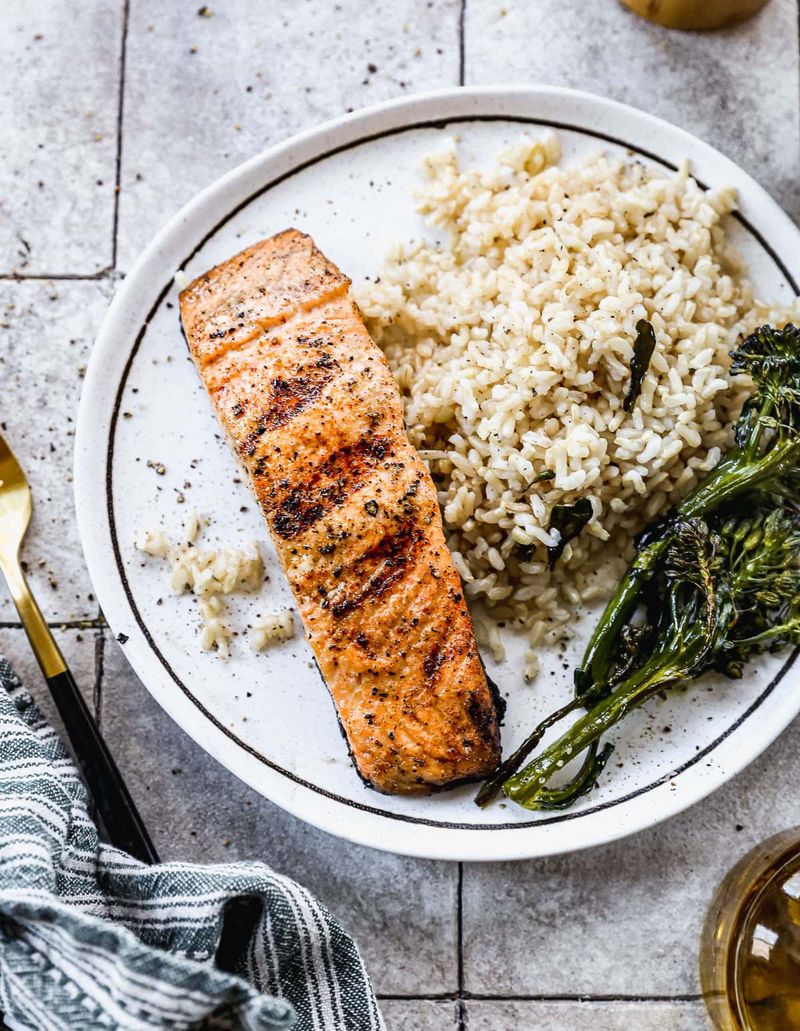
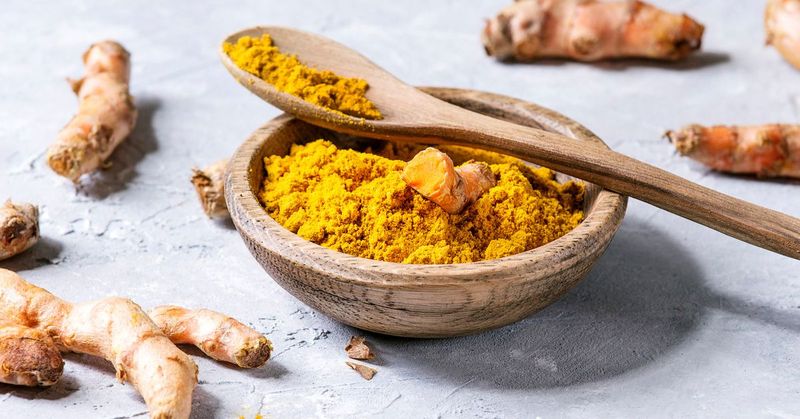
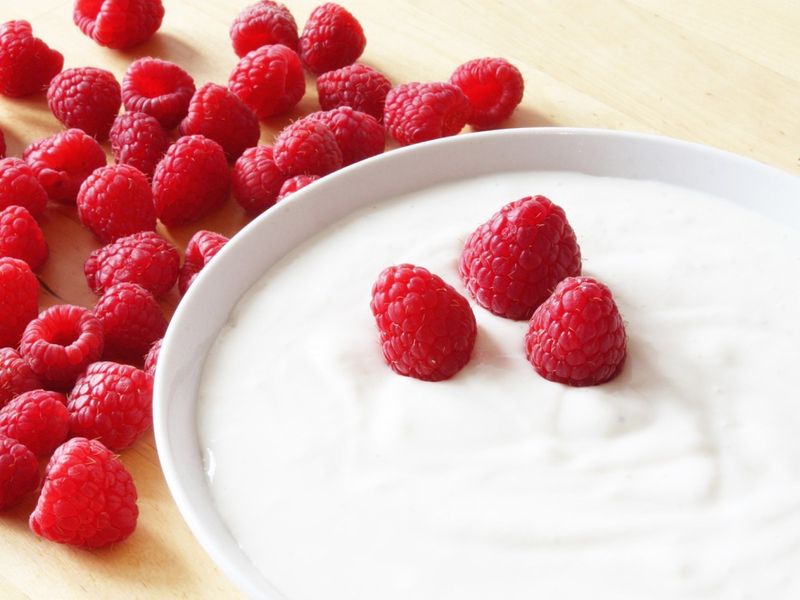
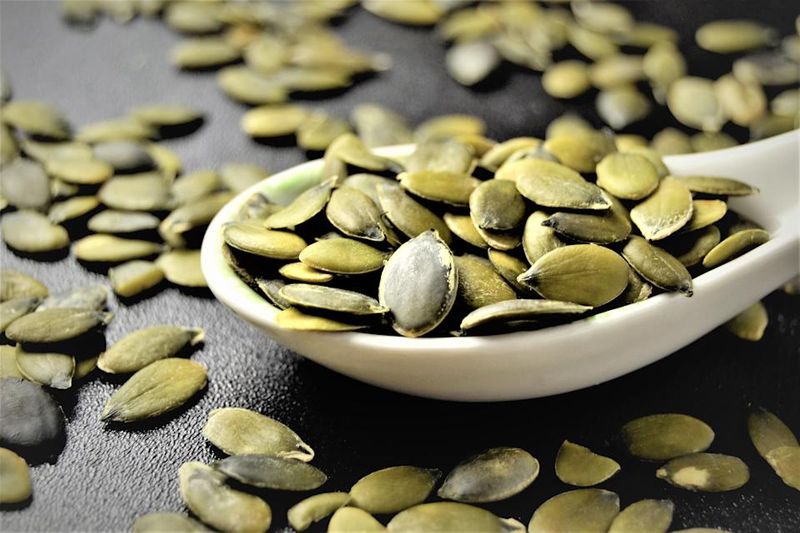
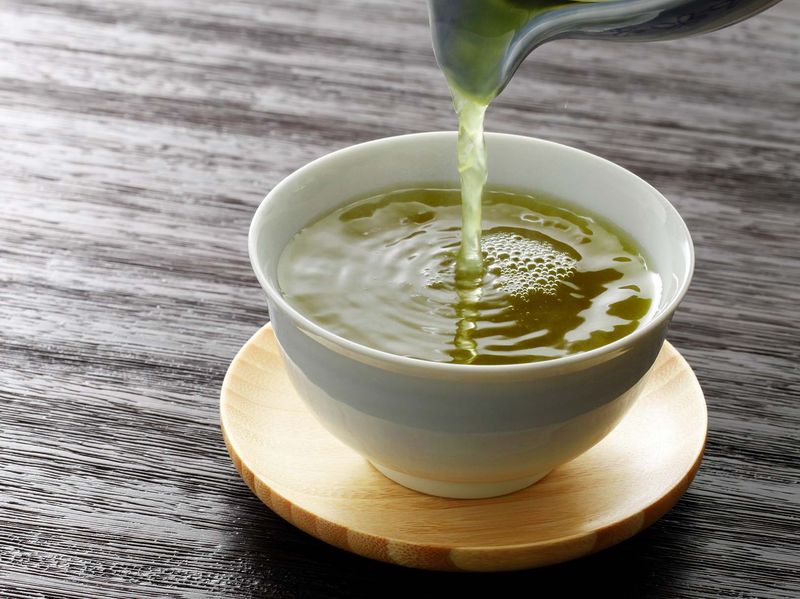
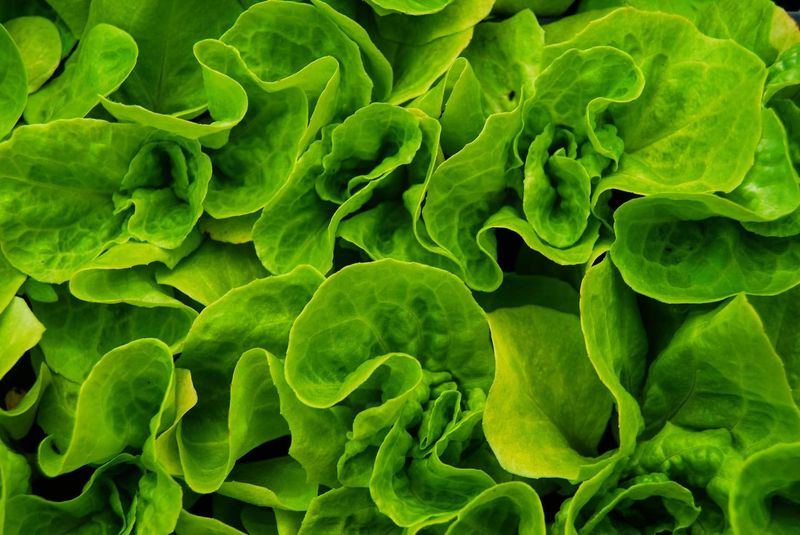

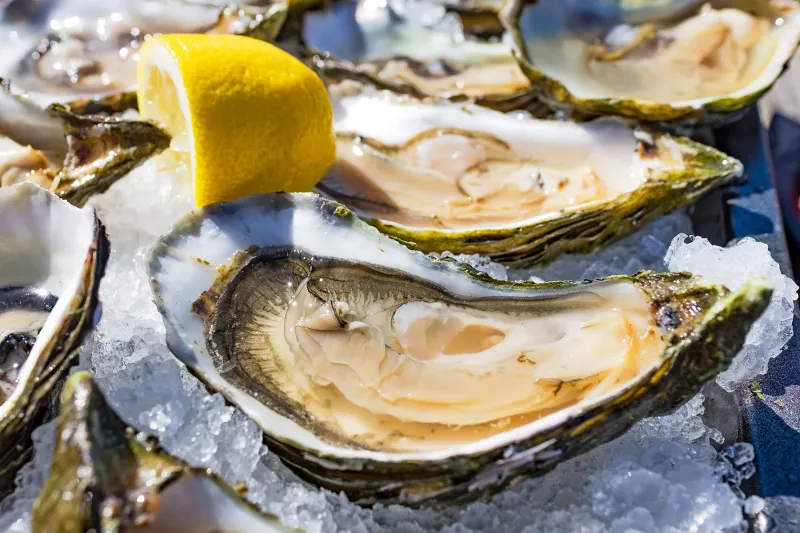
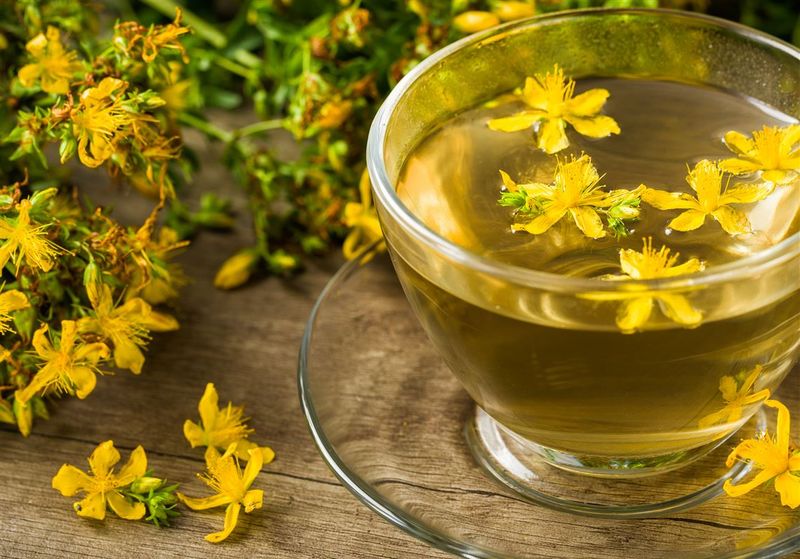

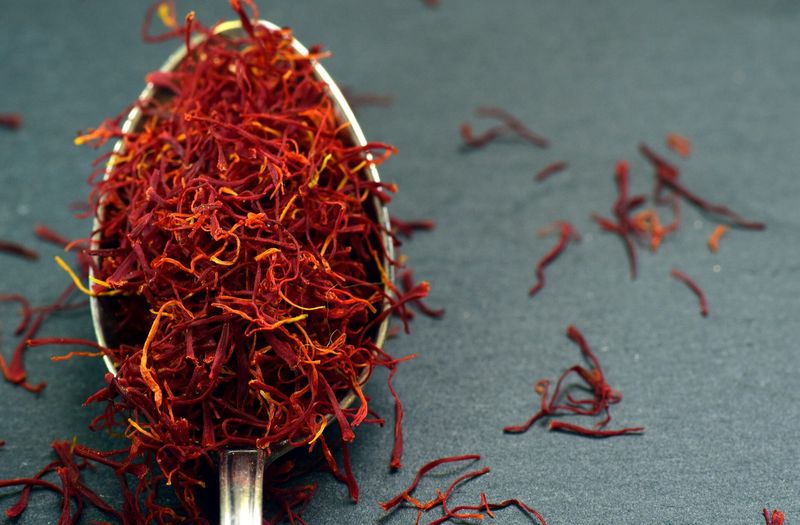
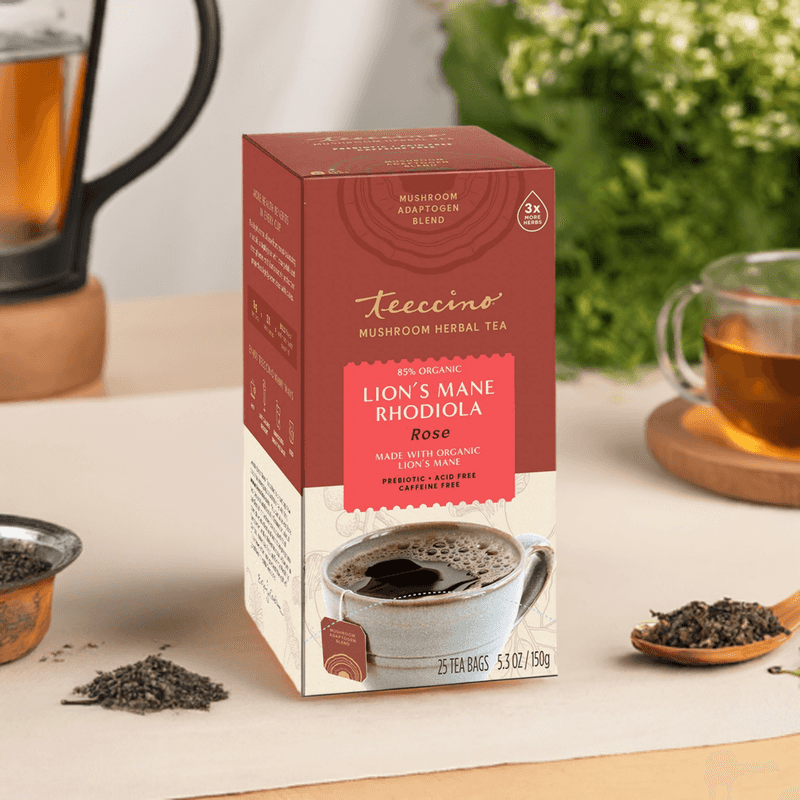

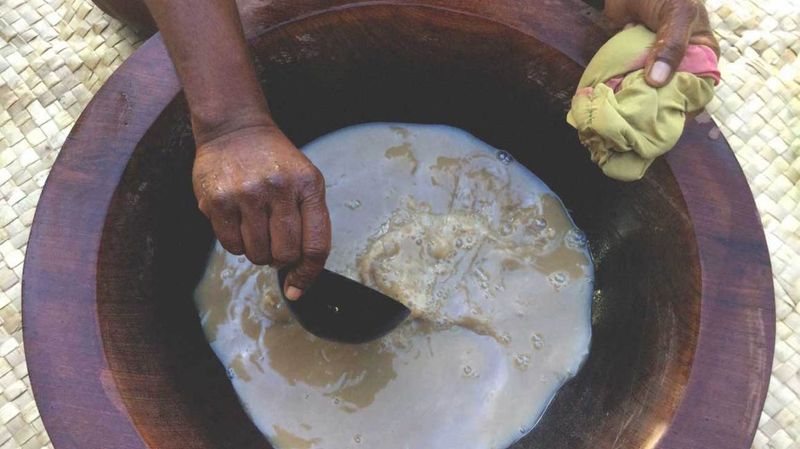
Leave a comment